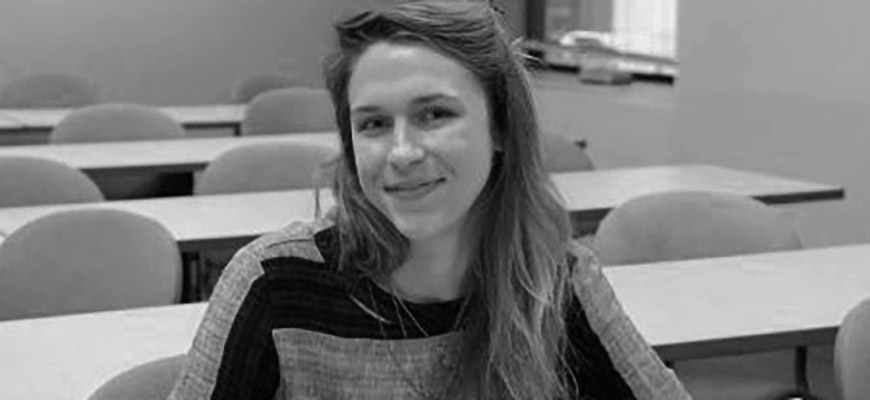By Stephanie Howson
I never knew much about the Abrahamic traditions before going to college. I was raised Buddhist, and I knew of Jesus Christ, Abraham, Muhammad and various religious texts, but I didn’t really understand a thing. Although I majored in religion and read numerous academic articles on various faiths, everything I learned about religion came through conversations with people of various backgrounds. I talked with a peer about how it felt to perform salat, Muslim prayer, at our small liberal arts college. I discussed the important role of questioning in the Jewish faith. I was able to combine my Buddhist upbringing with Christianity in concluding that Jesus Christ was a bodhisattva, an enlightened being who refrains from entering nirvana in order to guide others to enlightenment. Through these conversations, I experienced the power of interfaith dialogue to instill not only an understanding of different religions, but also an appreciation for religious diversity.
So when I read about the recent murder of a British solider in London, and I heard about the two suspects at the scene, their violent assault and their supposed reasoning, I was both saddened and afraid. I was sad for the loss of life, and afraid for the safety of Muslims in London, many of whom may likely face hateful backlash after May 22nds attack.
It seems the two murder suspects were radicalized Islamists. One of the attackers was captured on video saying the killing was in retaliation for the assault of Muslim people overseas. “We must fight them as they fight us,” he said, staring straight into the camera. “An eye for an eye, a tooth for a tooth.”
When such tragedies occur, and are linked to Islam, we have a tendency to blame the entire Muslim population rather than radical individuals. Instead of holding the persons or terror groups who commit the crimes accountable, an entire faith is condemned. This is a dangerous way to make sense of acts of terror, because it leads to more senseless violence and hate.
After the Boston Marathon bombings in April, a man was reported to have punched a Palestinian woman walking in Medford, Mass., after calling her a terrorist. It was also an eye for an eye, a tooth for a tooth. The people who attack Muslims, Arabs and Middle Easterners in retaliation for terrorist acts fail to realize they are committing the same discriminatory crimes they claim to denounce. They fail to realize they’re not attacking an enemy; they’re attacking their neighbor.
It is during trying times like these interfaith dialogue becomes more important than ever. No amount of reading or “Googling” can take the place of conversation in promoting religious acceptance, understanding and global fellowship.
Interfaith dialogue, such as the kind fostered by Niagara Foundation’s Abrahamic Traditions Dinner, goes beyond an attempt to achieve tolerance. In my eyes, tolerance simply means, “to put up with.” Peace doesn’t come from religious tolerance; peace comes from the acceptance and celebration of diverse religions. It is through conversation that true acceptance is achieved: we learn those we deem “other,” are more like us than we think. That is peace.
__________________________
Stephanie Howson is a recent graduate of the Northwestern University’s Medill School of Journalism. Currently she is a freelance writer focusing on topics of political and social concern with specific interest in public health and policy.

